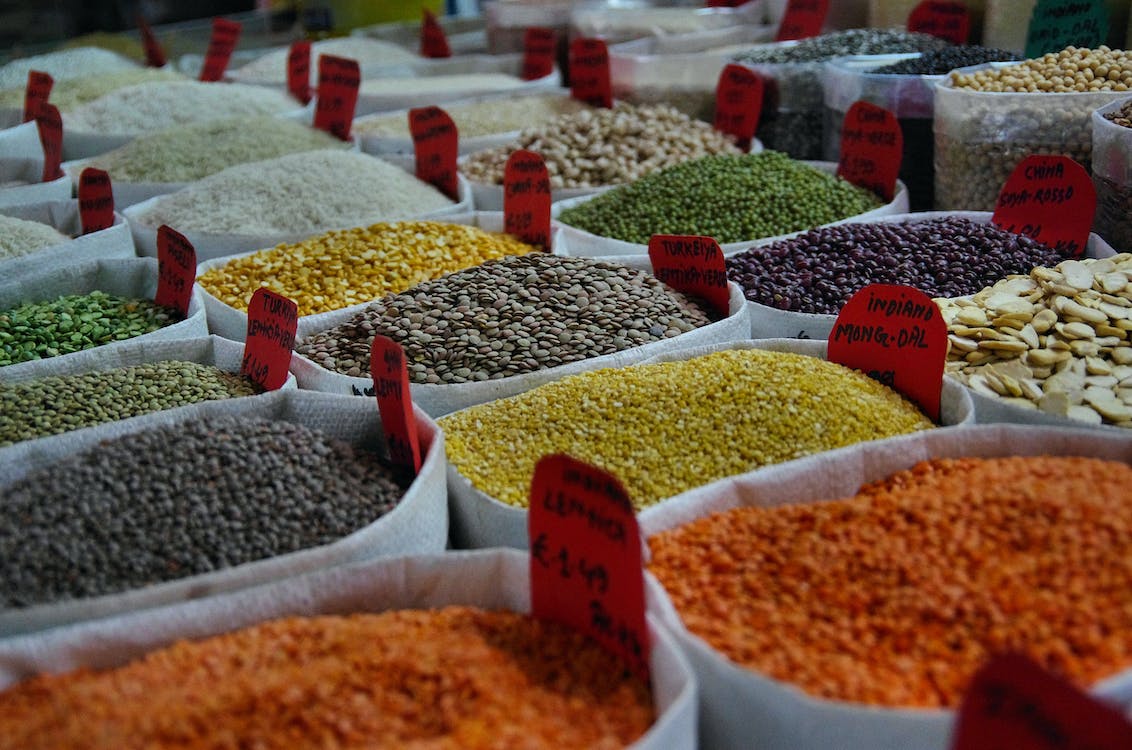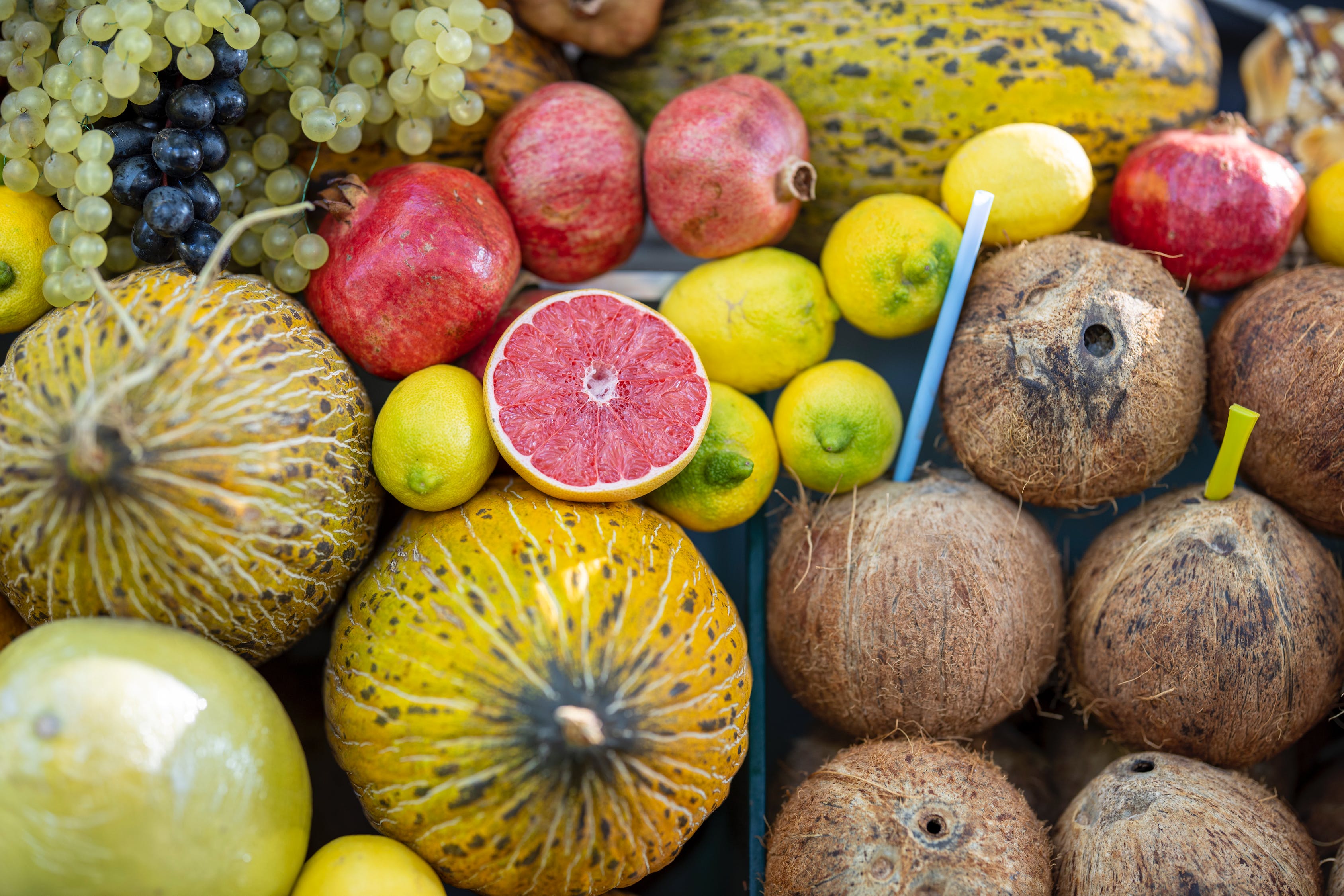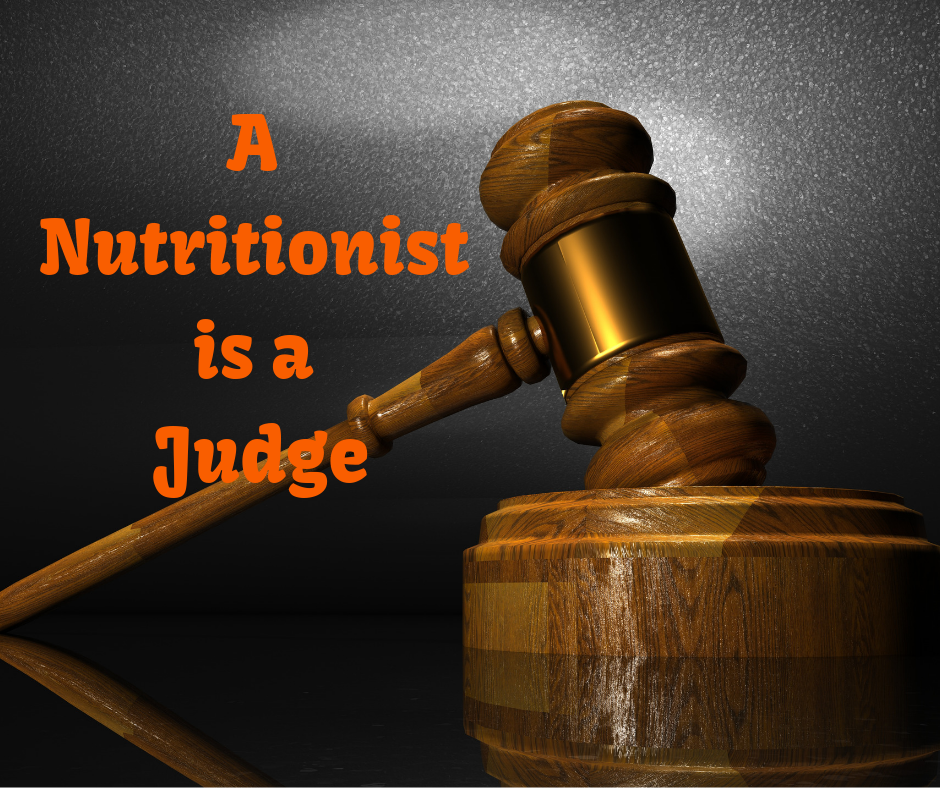Understanding Stress and Its Consequences

2024-02-26 08:24:34
Understanding Stress and Its Consequences
People are continuously looking for ways to cope with the mental stress that has taken over their lives, whether at work, at home, or even when dealing with regular duties.
Have you ever thought about how stress affects our bodies?
Read on to learn more about what happens to our bodies when we’re stressed, and how small changes in your everyday diet can help you conquer stress!
How stress impacts our body

The most obvious example of how stress affects us is our mood – we’ve all experienced it.
Aside from that, stress has an impact on a number of other biological systems, including the immune system, metabolism, and hormones. This is why:
When the brain recognizes a threat, it launches a synchronized response that includes the release of stress hormones.
Chronic exposure to these stress hormones has been shown to change brain regions associated with cognition and mental health.
Other regions of the body are also affected by stress hormones. They produce Catecholamines (CAs) and Glucocorticoids (GCs), which are two different types of stress hormones (or nerve transmitters, depending on how you look at it).
These are beneficial to humans on certain levels since they aid in our ‘fight or flight’ reaction, among other things.
Chronic stress, on the other hand, induces an overabundance of them, resulting in physiological imbalances.
Effects of Stress Hormones

What are Glucocorticoids/GCs?
Natural hormones known as GCs help to alleviate inflammation in the body. Cortisol, for example, is a form of GC that enters cells and suppresses the proteins that cause inflammation.
This does not appear to be a bad thing, given that persistent inflammation is a root cause of many lifestyle diseases. And it isn’t if you do it in moderation.
However, when taken in excess, the negative effects exceed the positive aspects.
This is what occurs when there’s too much GC in the system.
1] GCs cause liver cells to synthesise more sugar, which produces energy (in order to deal with the cause of the stress). Too much sugar in the blood, on the other hand, can induce nerve damage and type 2 diabetes mellitus.
2] Our muscles are also broken down for energy, resulting in a loss of muscle mass. At the same time, instead of being used as protein, the protein in our food is transformed into energy to help us cope with stress. This makes it difficult for our muscles to recuperate after exercise since they require amino acids (the building blocks of protein).
3] We use inflammation to fight infections and injuries. When it is low, we are more susceptible to dangerous infections, and wound healing is hindered.
4] GCs also raise cholesterol and free fatty acids levels in our blood, putting us at risk for heart disease.
5] Cortisol inhibits vitamin D and calcium absorption, leading to bone disorders such as osteoporosis.

What are Catecholamines/CAs?
The fight-or-flight response is orchestrated by CAs, a group of stress hormones. Adrenaline, which is often connected with thrill, is a well-known example.
CAs collaborate with GCs to achieve the following results:
1] CAs make sure that our brain, muscles, and internal organs get enough blood and glucose to survive. That’s why persistent stress impairs blood circulation in body areas that aren’t vital to survival (examples: the hair and skin).
2] They raise your blood pressure and heart rate. If these levels are consistently high as a result of chronic stress, the wear and tear on the heart and blood arteries can lead to illnesses including stroke and heart attacks over time.
3] They cause goosebumps by making you sweat and making your hair stick up.
With time, the total stress response leads to changes in behavior such as sleep deprivation, overeating, excessive drinking, smoking, lack of physical activity, and so on, all of which have negative consequences.
Combat Stress With Diet

When we’re anxious, we often overlook our diet, but what we don’t realize is that certain meals can actually help us relax!
Here’s how to do it:
1] Chilli Peppers and Dark Chocolates:

Endorphins are natural painkillers that also aid in the maintenance of a positive mood. Cocoa and chilli peppers both include chemicals that aid in the release of endorphins. Cocoa has also been demonstrated in research to lower stress hormones like cortisol. Flavonoids, which are found in cocoa, cause the walls of our blood vessels to relax, lowering blood pressure and improving circulation. Dark chocolate is also known to improve mood and induce bliss.
2] Omega-3 Fatty Acids:

Some studies have found that those who supplement their diet with omega-3 fatty acids experience less stress and anxiety. This is likely due to the fact that docosahexaenoic acid (DHA), an omega-3 fatty acid, is a structural component of the brain and plays a key role in cognitive function.
3] Vitamin D, Folate, and Vitamin B12:

Vitamin B12, which may be found in eggs, salmon, and meats, is necessary for the correct functioning of the brain and neurological system, as well as for the production of chemicals that regulate our mood and other mental activities.
Low vitamin D levels have been related to depression and mood problems; because cortisol reduces vitamin D absorption, we might try to compensate for the loss through our diet.
4] Probiotics:

If you’ve ever had a sick stomach during a stressful situation, it’s because the gut and brain communicate a lot more than we realize! Foods and supplements that enhance “good” bacteria in the gut have been shown to impact how people perceive emotional information and may even have anti-anxiety effects, according to growing data. Probiotic-rich foods, such as yoghurt, may thus be beneficial during stressful periods.
5] Foods Rich in Protein:

Serotonin is a hormone that causes emotions of happiness and well-being. Tryptophan, an amino acid found in protein-rich diets, aids in the production of serotonin. Nuts, seeds, tofu, salmon, lentils, oats, beans, and eggs are examples of these foods.
6] Fiber Rich Foods:

Stress can raise your blood sugar, while fibrous carbohydrates, such as whole grains, have no effect on your blood sugar level. They also make you feel fuller for longer, lowering your risk of “stress eating.”
7] Foods Rich In Antioxidants:

Stress appears to induce free-radical damage in our bodies, and any of the impacts we’ve discussed could be to blame. Antioxidants found in fruits and vegetables, on the other hand, can help you combat this damage.
Having said that, consider incorporating exercise and stress-relieving strategies into your daily routine as well; making an active effort to lower your stress levels will undoubtedly result in a healthier, happier you!
Consult an expert nutritionist on my team at +91-9743430000 who can help you understand and identify foods that works best with your body and help you achieve your health goals.
Ryan Fernando is an Award-winning celebrity Sports Nutritionist with 2GUINNESS world record and 2 Olympic medals under his belt. His client list include Olympic wrestler Sushil Kumar, cricketer Shikhar Dhawan & bollywood superstars Aamir Khan & Abhishek Bachchan. He is Chief Nutritionist at QUA Nutrition Signature Clinics.




